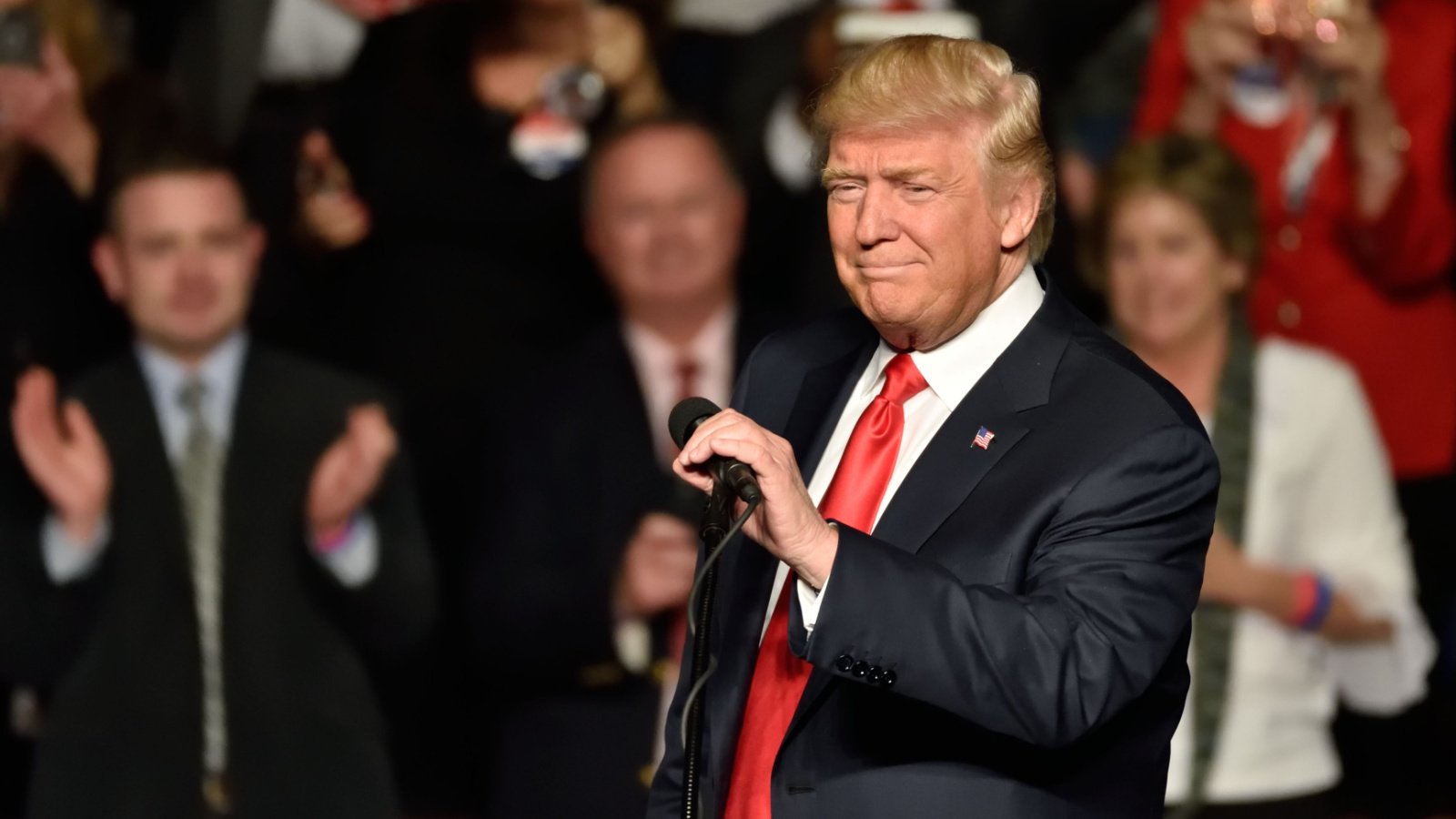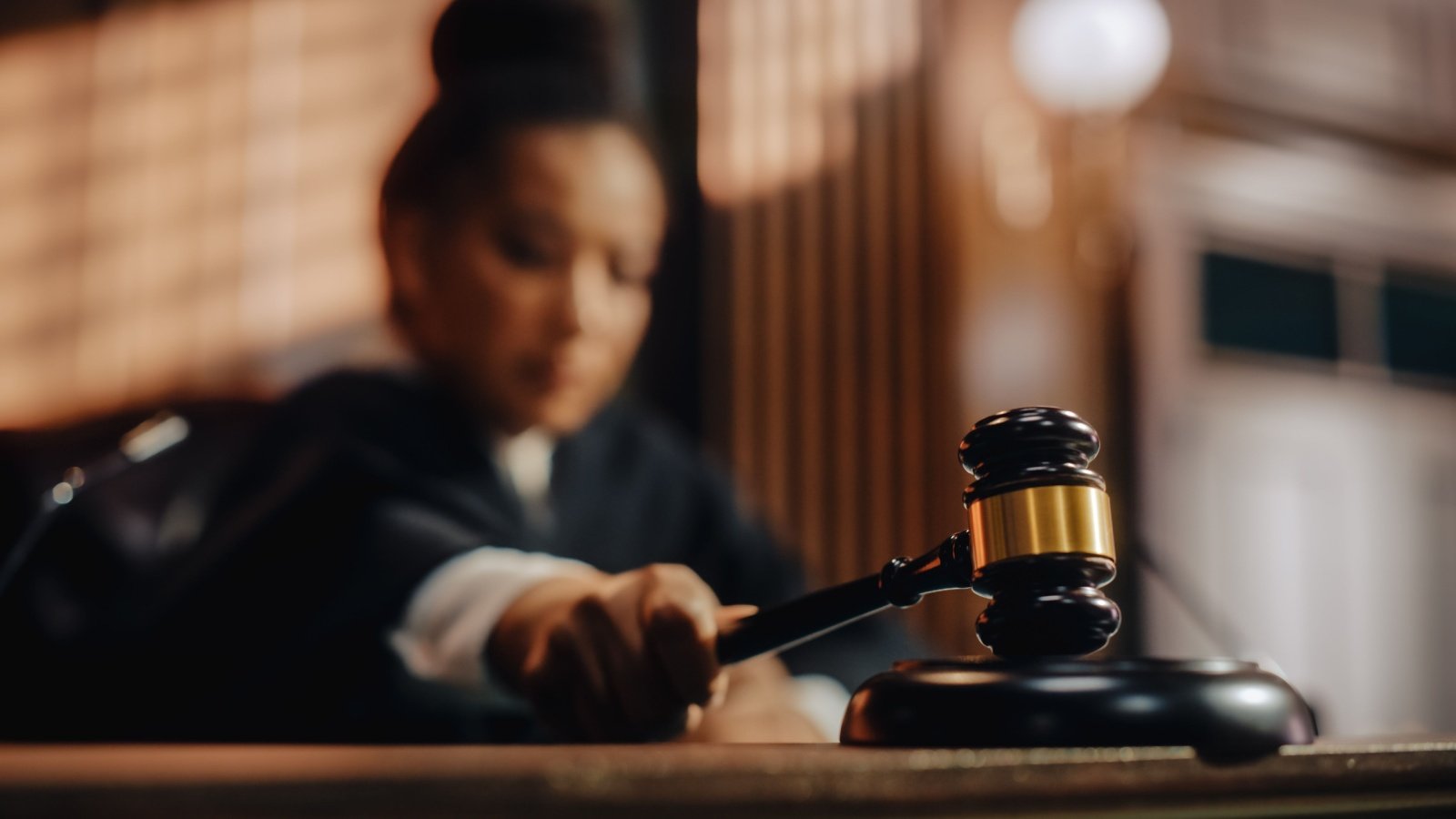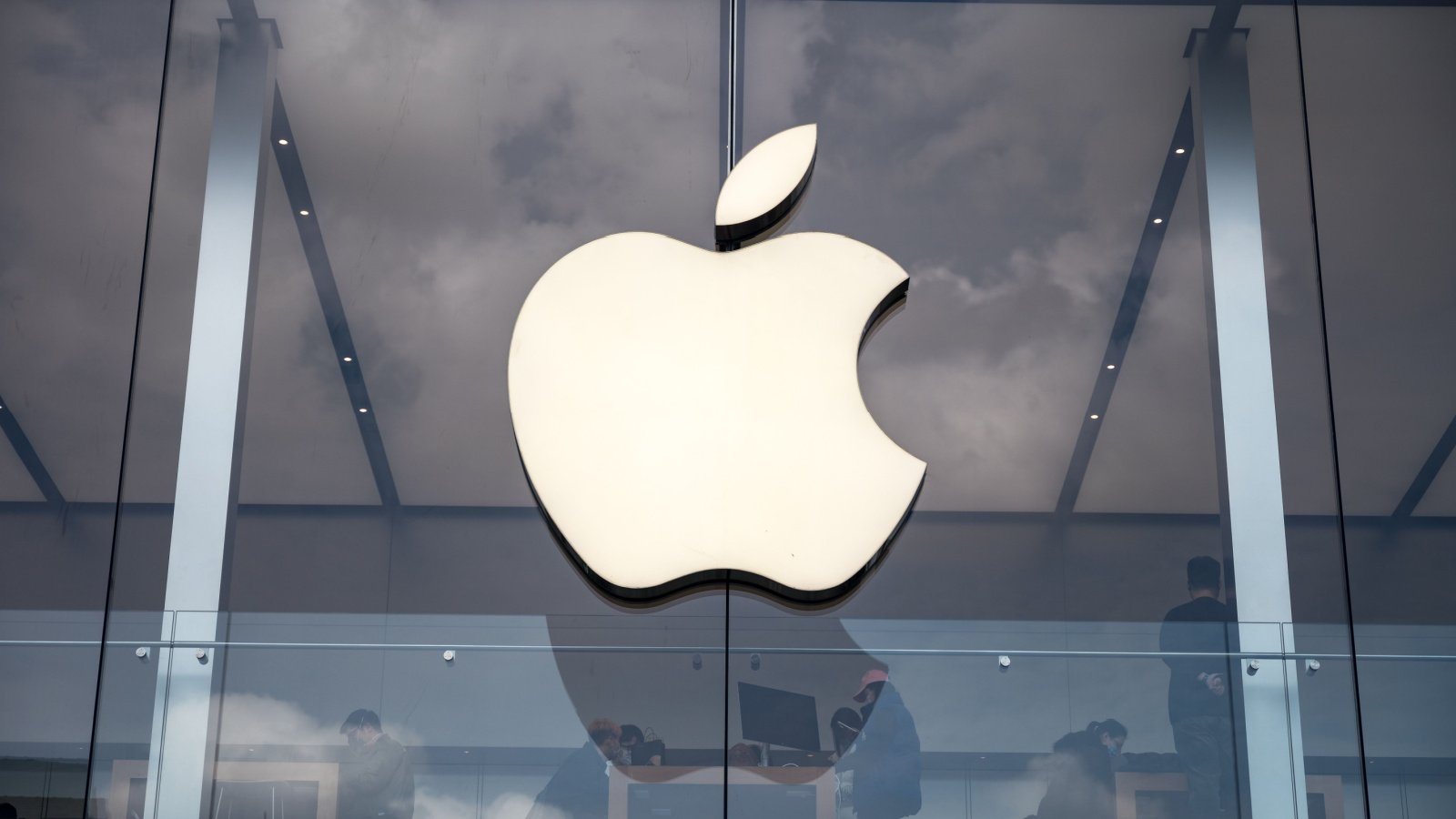A veteran teacher’s world turned upside down when eighth graders created fake TikTok accounts impersonating her and colleagues. The students used social media to post offensive content, death threats, and life shattering content sparking a crisis at a Pennsylvania middle school.
Teacher’s Warning
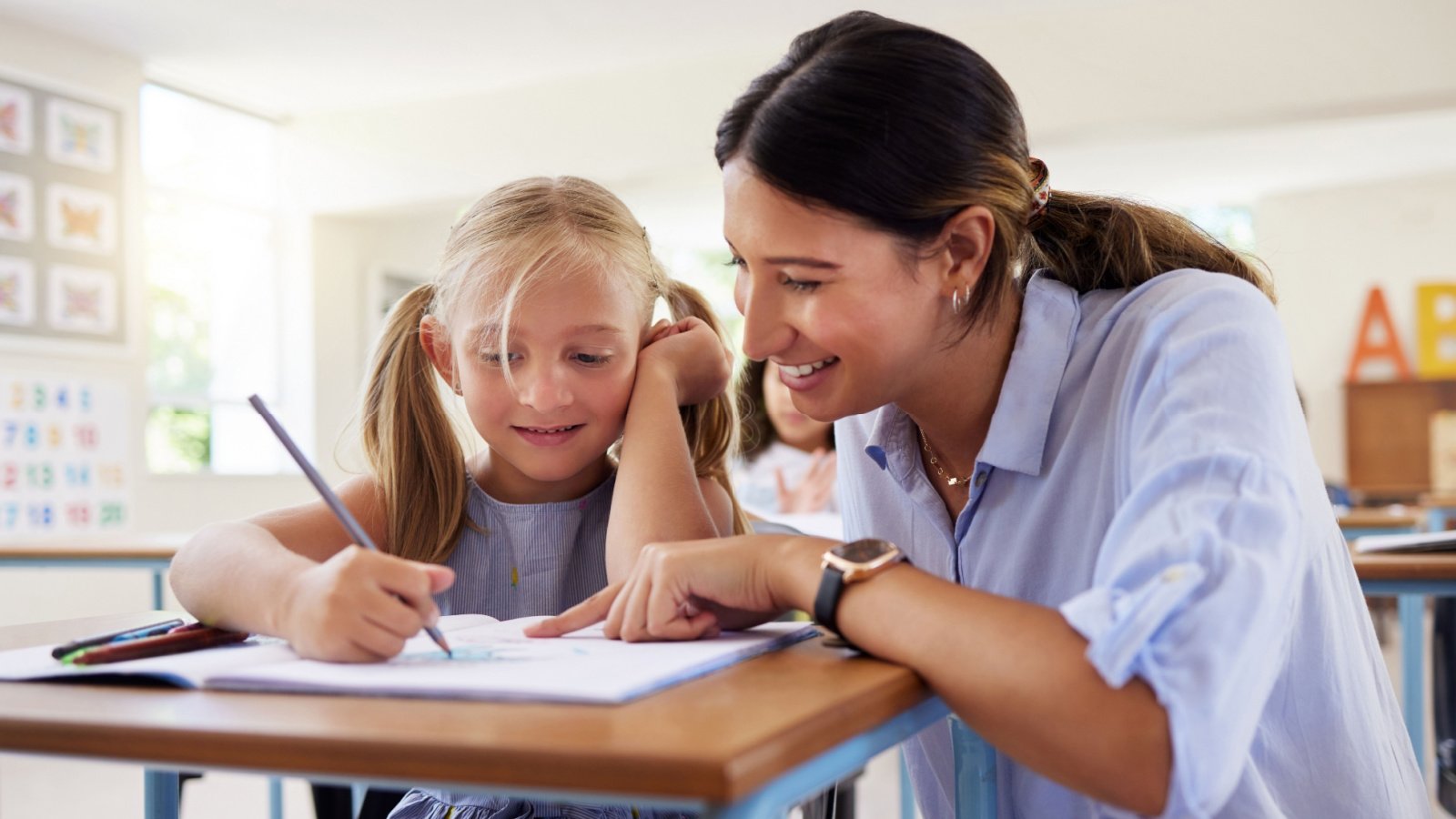
In February, a veteran Spanish teacher at Great Valley Middle School in Malvern, Pennsylvania, was alerted by a colleague about impending trouble. Patrice Motz, who had never used TikTok before, decided to create an account after hearing about the issue.
Disturbing Discovery

Motz discovered a fake profile impersonating her, complete with a real family photo. The impostor account had posted inappropriate and offensive content over her family vacation picture.
Widespread Impact

About 20 educators at the school soon found themselves victims of similar fake accounts. The fraudulent profiles, filled with offensive content, garnered attention from hundreds of students.
School’s Response
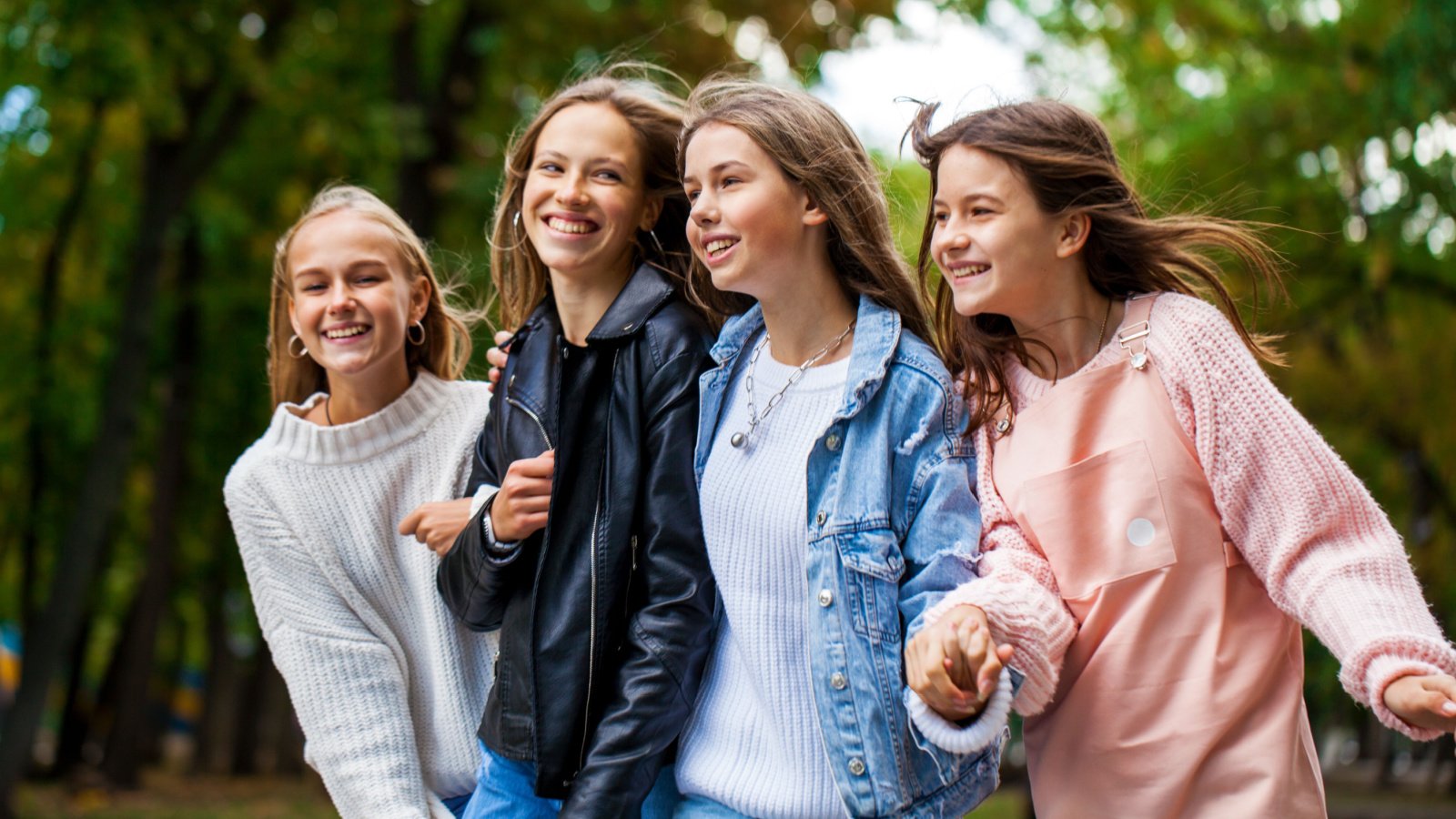
In response, the school district temporarily suspended several students. The principal addressed the entire eighth-grade class, condemning their behavior during a lunch period.
Teachers’ Distress

The incident left many teachers, including Motz, feeling deeply distressed. Some educators are now hesitant to call out misbehaving students, fearing similar online retaliation.
Unprecedented Attack
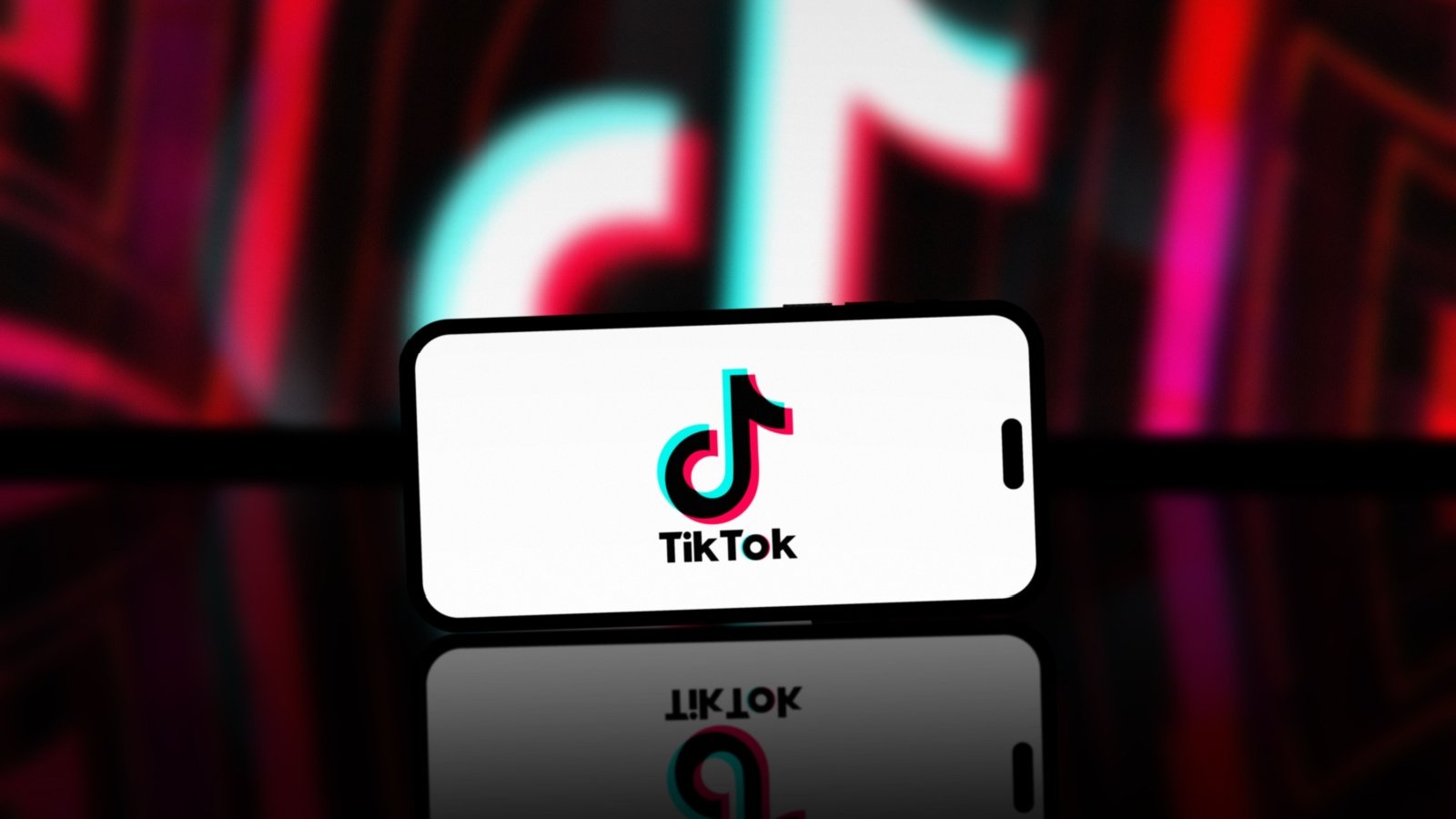
The Great Valley incident marks the first known group TikTok attack by middle schoolers on their teachers in the U.S. Previously, such harassment was typically targeted at individual teachers or principals.
Broader Concerns

This attack highlights broader issues with students’ use of social media in schools. In response, some states and districts are restricting or banning cellphone use to curb cyberbullying and harassment.
New Norms

Social media has normalized aggressive, anonymous posts, which some students now use against adults. This behavior is unprecedented in its scale and impact on teachers.
Official Response

The Great Valley School District stated it had addressed the issue of “22 fictitious TikTok accounts” impersonating teachers. The district condemned the misuse of social media, emphasizing its profound impact on staff.
Students’ Reaction

Two female students posted an “apology” video on TikTok, describing the impostor videos as a joke. They claimed the situation had been blown out of proportion and expressed regret over their actions.
TikTok’s Stand
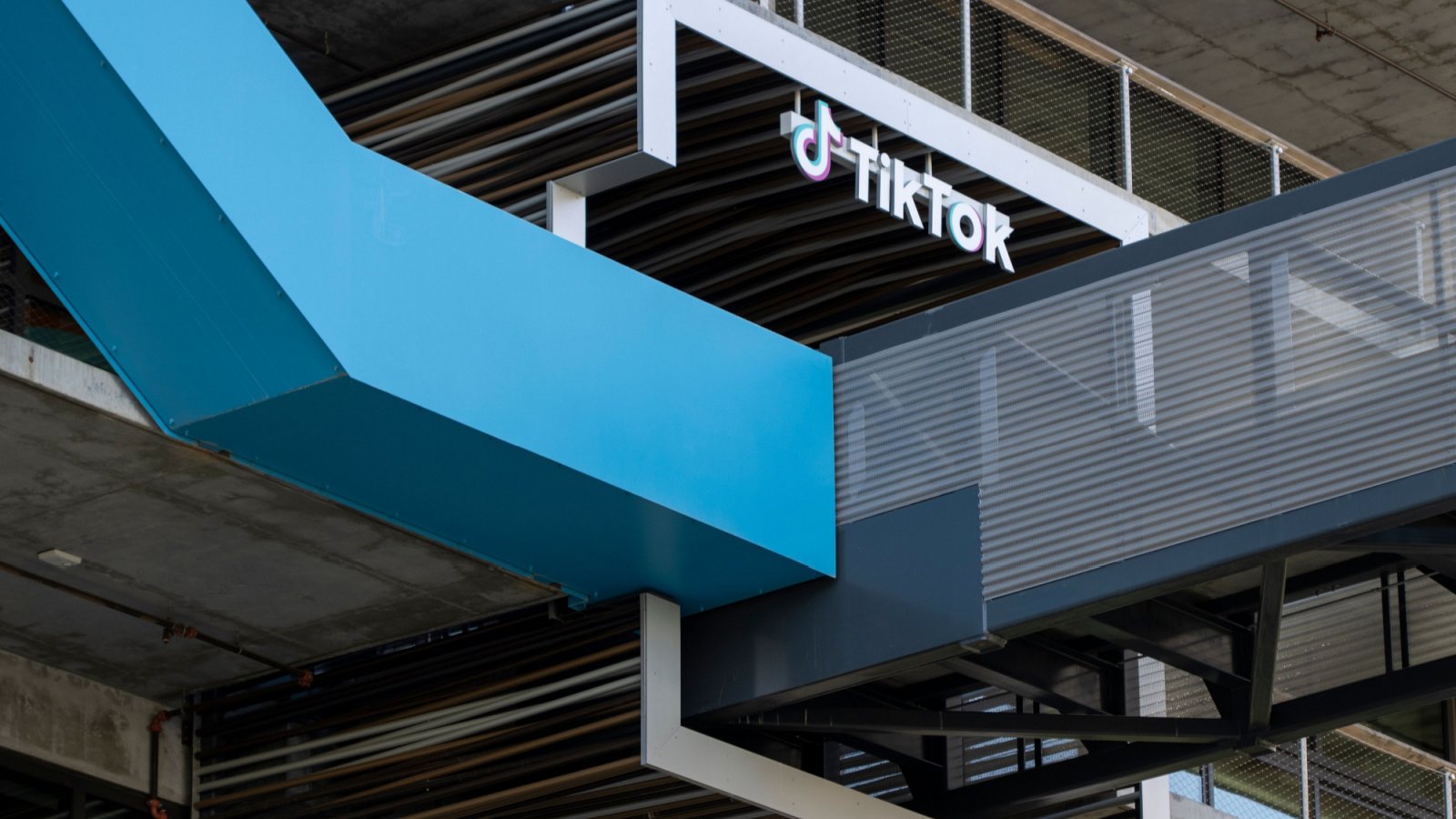
A TikTok spokesperson emphasized that the platform’s guidelines prohibit misleading behavior and impersonation. The company stated it validates ID information in such cases before deleting the data.
Community Disruption

Great Valley Middle School, known for its close-knit community, serves about 1,100 students. The TikTok incident disrupted the school’s atmosphere, according to several teachers.
Hallway Buzz

The morning after Motz discovered her impersonator, students were already discussing the disparaging TikToks. Teachers noticed students referencing TikTok while holding up their phones in front of them.
Image Manipulation

Students used images from the school’s website and teachers’ social media profiles to create memes. They combined these photos with offensive text, leading to a wave of “cheapfake” images.
Inappropriate Content

Some fake accounts posted seemingly benign content, while others were highly sexualized. One account superimposed the heads of two male teachers onto a partially naked couple.
Impact on Teaching

The TikTok posts became a significant distraction for many teachers. Some, like long-time social studies teacher Shawn Whitelock, were personally targeted by the students.
Personal Attack
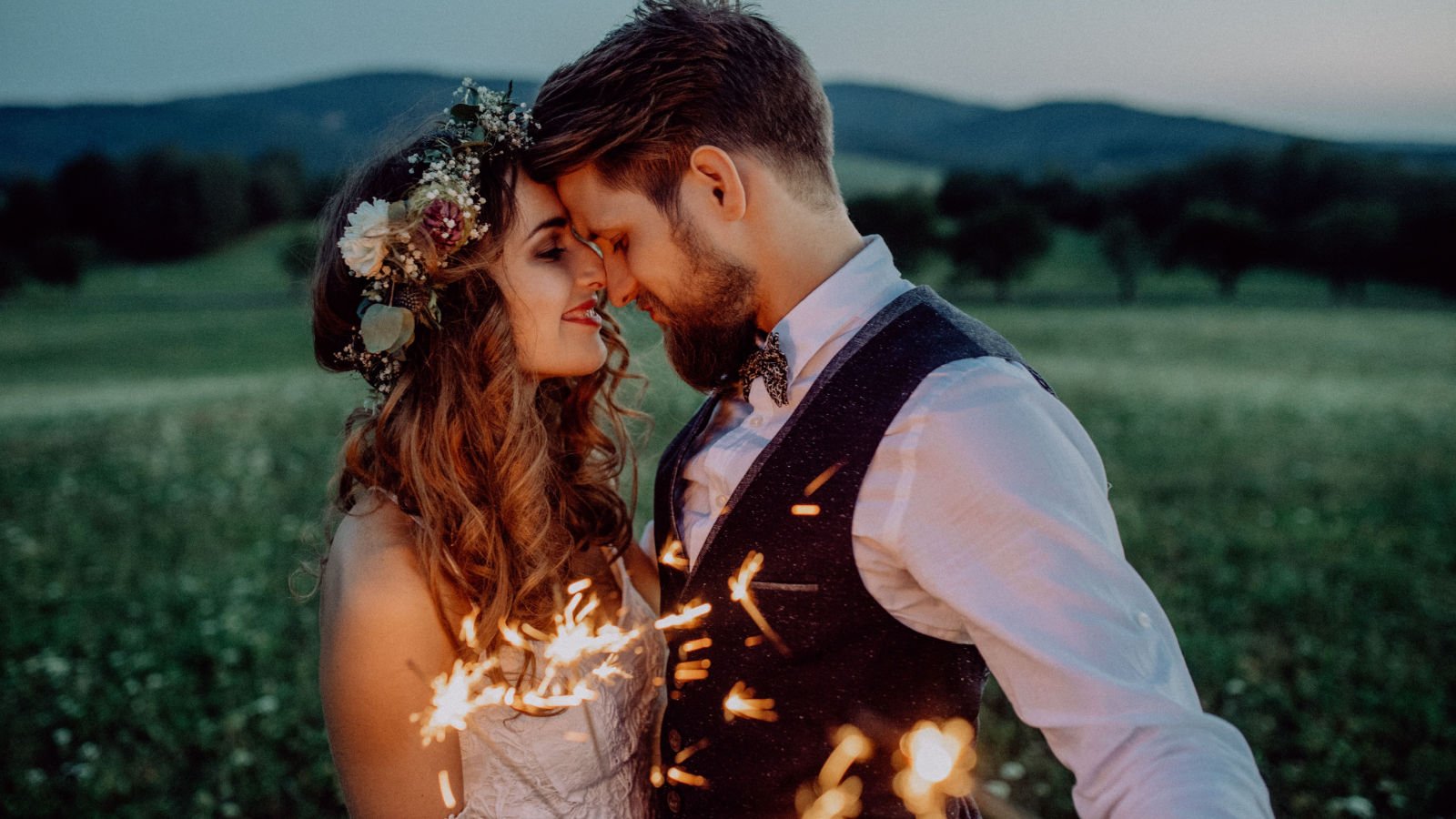
A fake account impersonating Whitelock posted a photo from his wedding, implying inappropriate relationships. Whitelock felt his reputation, built over 27 years, was severely damaged by the impersonation.
Death Threat Escalation
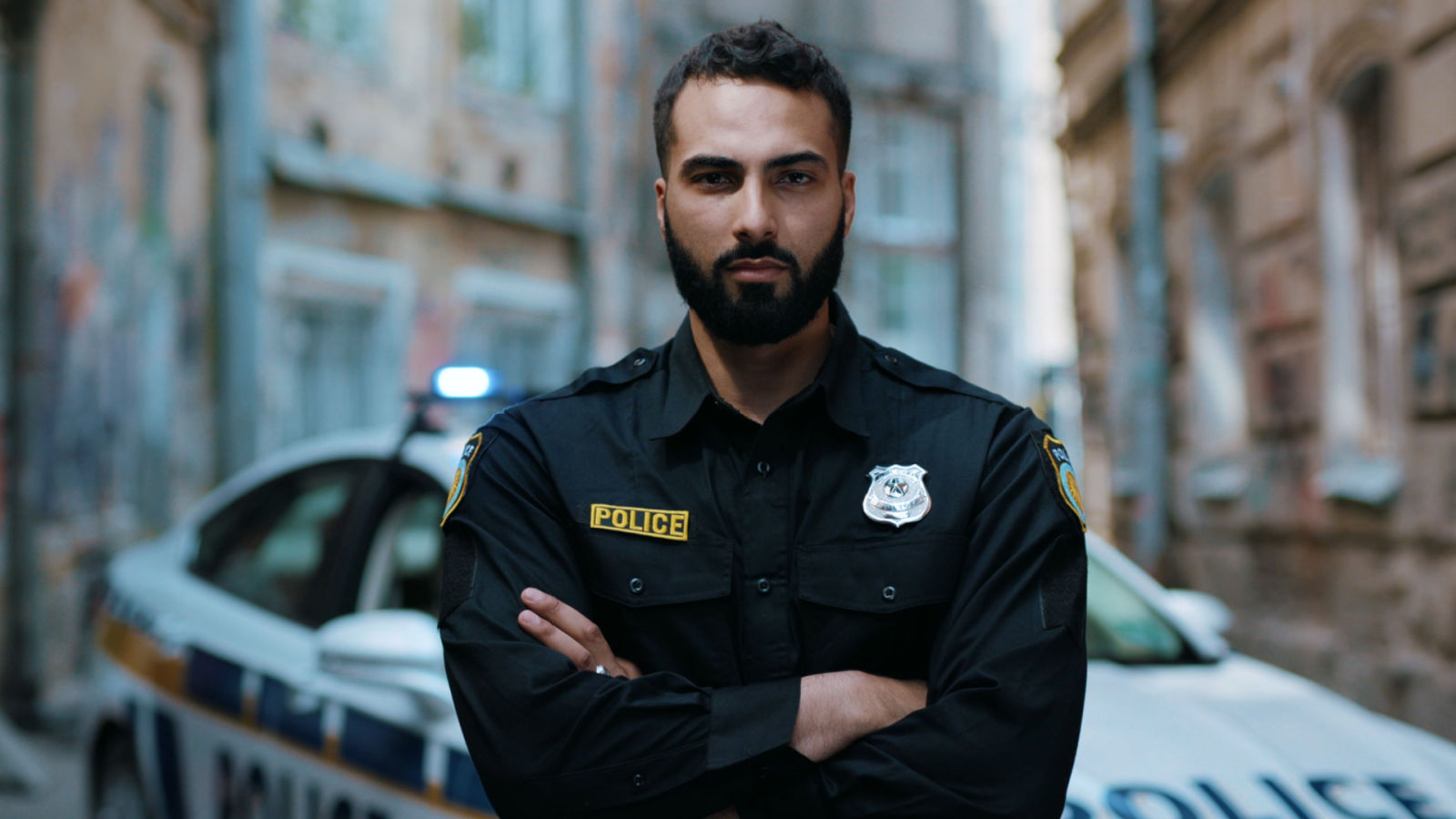
Earlier in the school year, a student had already posted a graphic death threat against Scibilia on TikTok, which she reported to police. The impersonations only heightened her concern about student behavior on social media.
Desensitization Concerns

Scibilia believes excessive TikTok use has desensitized students to the reality of their actions. She feels that students no longer recognize teachers as real people deserving respect and privacy.
School Response

Principal Edward Souders emailed parents, describing the disrespectful nature of the impostor accounts. The school held an assembly on responsible technology use to address the issue.
Legal Limitations
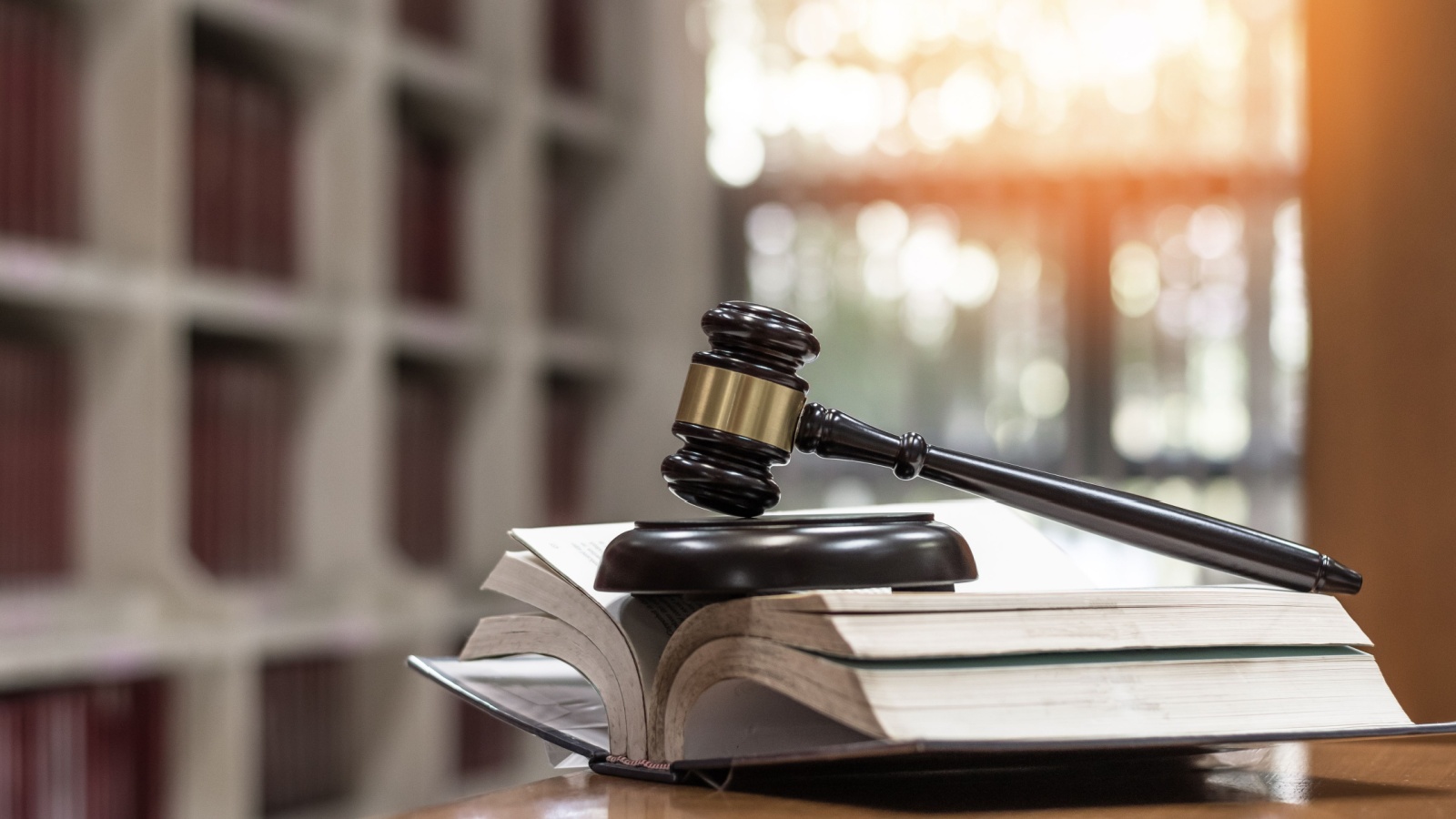
The district is legally limited in its response due to protections on students’ off-campus speech. Superintendent Daniel Goffredo expressed frustration over the inability to hold students more accountable for their online actions.
Teachers Union’s Warning

Nikki Salvatico, president of the Great Valley Education Association, warned the school board about the disruption caused by the TikToks. She emphasized the need for a clear message that such behavior is unacceptable.
Continuing Problems

Despite some accounts being removed, new ones continued to appear, including another impersonation of Scibilia in May. Teachers reported the impostor accounts to TikTok but struggled with the platform’s response process.
TikTok’s Action

After a reporter flagged the accounts, TikTok removed the impersonations of Scibilia and three other teachers. Teachers are still dealing with the incident’s emotional impact and are wary of sharing personal photos online.
Psychological Impact

Experts warn that such online abuse can harm teachers’ mental health and reputations. Susan D. McMahon noted an increase in verbal aggression against teachers and the need for better protection.
Calls for Education and Policy Changes
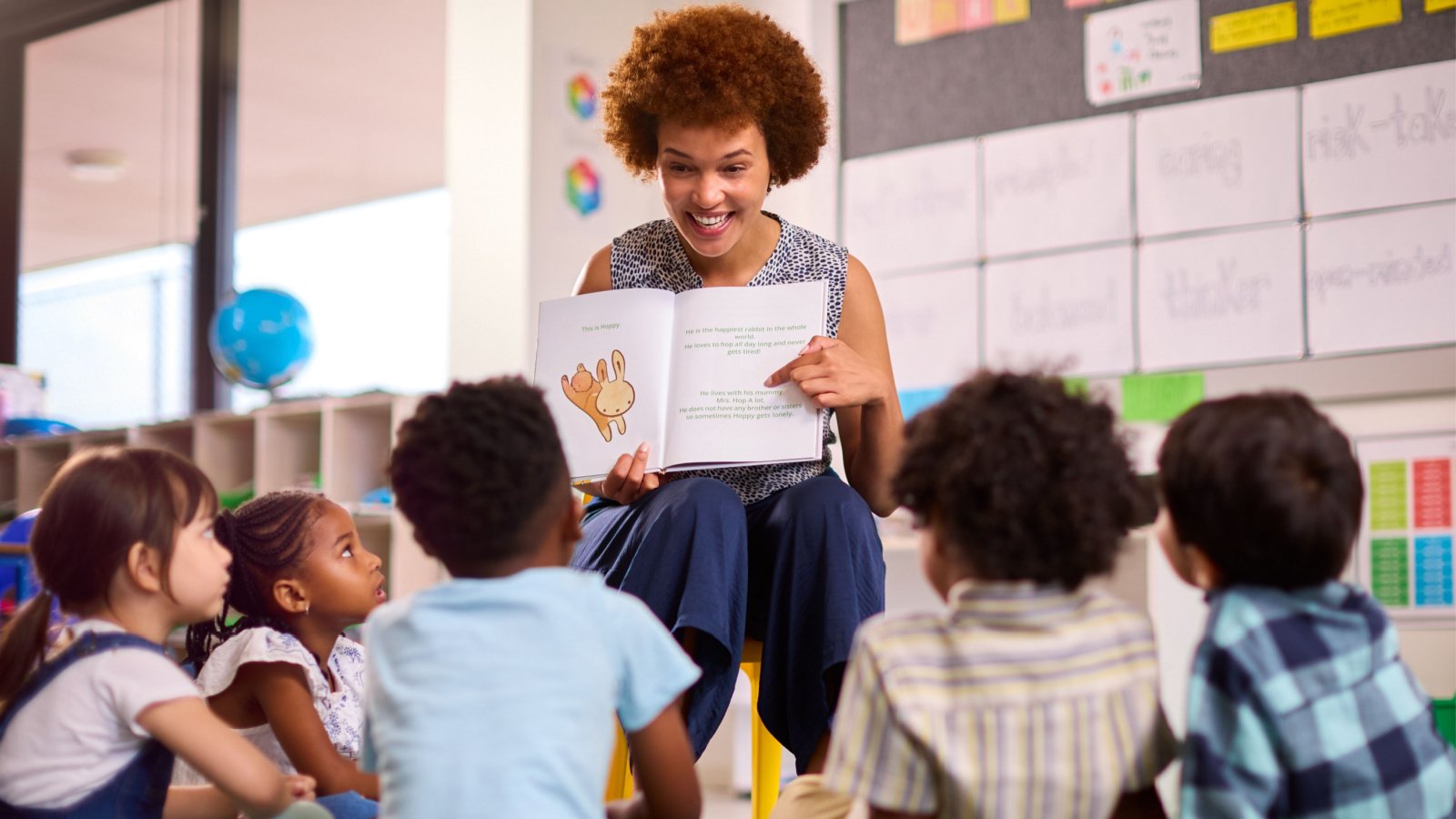
Teachers like Scibilia and Motz are advocating for better education on responsible tech use. They are also pushing for stronger policies to protect teachers from online harassment.
Students’ Defiant Apology

In their “apology” video, the students claimed they would continue posting but make their accounts private. This defiance underscores the challenge schools face in addressing such behavior.
Apology Video Removed

Following inquiries from a reporter, the students deleted the “apology” video and removed the teacher’s handle. They added a disclaimer stating they would no longer impersonate teachers.





